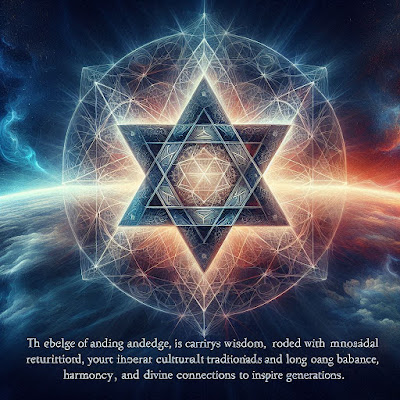Unlocking the Mind: The Powers of Writing and Reading , Cognitive Growth
How Writing and Reading Activate Different Levels of the Mind
In our pursuit of personal growth and intellectual development, two fundamental activities stand out: writing and reading. While both are key to expanding knowledge and enhancing cognitive abilities, they engage the mind in very different ways. Understanding how these activities activate different mental powers can help us leverage them to their full potential.
The Power of Writing: Activating the Higher Cognitive Functions
Writing is an act of creation—a powerful exercise that taps into the mind’s higher cognitive functions. It’s not just about putting words on paper; it’s about organizing, reflecting, and synthesizing information in a way that challenges your intellect and strengthens your understanding.
Engagement with the Mind: Writing requires critical thinking, reasoning, and problem-solving. It’s an active process where you take concepts, structure them, and turn them into something tangible. By doing so, you activate executive functions (planning, decision-making) and engage abstract reasoning.
Mental Power Unleashed: As you write, you engage your working memory, long-term memory, and abstract thought, reinforcing connections between concepts. Writing helps you clarify your thinking, uncover new insights, and refine your ideas, activating deeper intellectual processes that cannot be achieved through passive learning alone.
Spiritual and Practical Benefits: In spiritual contexts, writing can also be an act of reflection and processing, where you bring abstract teachings into a more concrete form, integrating them into your life and personal growth. For instance, journaling about spiritual practices or religious texts can help internalize the messages and solidify your commitment.
The Power of Reading: Receptive Growth and Knowledge Absorption
Reading, on the other hand, is a receptive activity. It involves taking in new information and ideas. It’s the foundation for learning, expanding your worldview, and engaging with knowledge from others.
Engagement with the Mind: When you read, you activate processes such as comprehension, memory, and pattern recognition. Unlike writing, which demands active thought and creation, reading involves absorbing and internalizing information, which is essential for knowledge retention and broadening understanding.
Mental Power Unleashed: Reading stimulates your neural networks, enhancing long-term memory and boosting cognitive flexibility. It helps you make new connections and apply knowledge from different domains. Through reading, the mind grows, not just by accumulating facts, but by forming new mental maps of the world.
Spiritual and Practical Benefits: In a spiritual sense, reading sacred texts, philosophy, or literature can deepen understanding and offer new insights into the nature of existence, morality, and purpose. It helps us connect with ideas that might challenge or reinforce our beliefs and understanding of the world, guiding us toward more profound wisdom.
The Symbiotic Relationship: Writing and Reading Together
Writing and reading are not isolated functions—they complement each other, enhancing and expanding each other's impact on the mind.
Writing solidifies learning: As you write about what you’ve read, you process it more deeply. You connect the dots, elaborate on key ideas, and reflect on how new information fits into your current understanding. This reinforces your knowledge and makes it your own.
Reading provides new material for writing: Without reading, there would be no new ideas to reflect upon and engage with through writing. Reading feeds the mind, providing fresh insights and stimulating your thoughts, which can later be captured and articulated through writing.
Together, these practices create a powerful cycle of learning, reflection, and growth, helping you develop critical thinking, creativity, and wisdom over time.
Writing vs. Reading: Which is More Powerful?
The answer is not so simple. Both writing and reading are vital for cognitive and spiritual development, but each serves a distinct purpose:
Writing is an active process that demands creativity and intellectual effort, helping you organize thoughts and develop ideas. It is the mind’s workhorse, sharpening reasoning and clarity.
Reading, on the other hand, is a passive process that feeds the mind with knowledge, enriching it with ideas, concepts, and perspectives. It is the mind’s nourishment, opening it to new worlds and wisdom.
In both cases, the mind is engaged, but at different levels and with different intentions. To truly unlock your intellectual and spiritual potential, both must be practiced in harmony. Writing helps you process, reflect, and create; reading helps you learn, absorb, and expand your understanding.
Further Reading:
- The Power of Writing: Unlocking Your Creative Potential by Julia Cameron
- How to Read a Book: The Classic Guide to Intelligent Reading by Mortimer J. Adler and Charles Van Doren
- On Writing: A Memoir of the Craft by Stephen King




Comments
Post a Comment